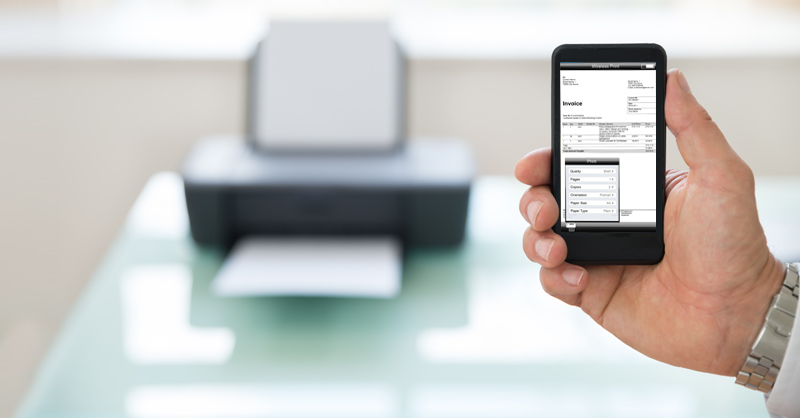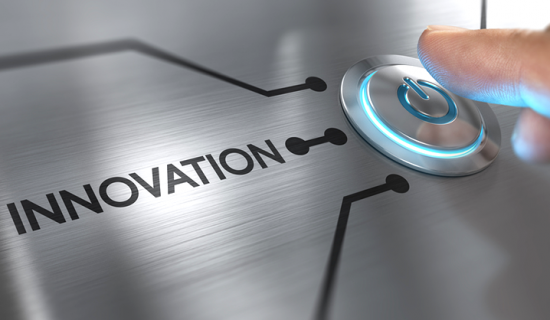The countdown to the introduction of electronic invoicing between private individuals has begun: from January 1, 2019, the issuance of B2B invoices will be compulsorily digital. Conceived with the aim of combating VAT evasion, this requirement is proving to be a new lever for Italian companies to activate digitization processes and contain business costs.
In fact, it is an important prod to review internal business processes, starting precisely with invoicing by processes, not by documents. First of all, it will be possible to manage more efficiently the many data generated by invoicing, which are currently undervalued, and use them to develop the company's business. It will also be possible to track all invoices, incoming and outgoing, manage them more efficiently, organize the activities performed by staff and ensure better archiving, optimizing the entire cycle from order to payment. This is a streamlining process that can, slowly, lead businesses to involve other sectors and activities, triggering a deeper digitization process.
A Business Process Management platform such as Jamio openwork is a key tool for managing this important revolution, which, not least, allows significant savings. According to a study by theElectronic Invoicing and eCommerce B2bObservatory of the Politecnico di Milano, in fact, with the introduction of the structured electronic invoice alone, between 5.5 and 8.2 euros can be saved each invoice, while with the digitization of the entire order-payment cycle between 25 and 65 euros each cycle.








